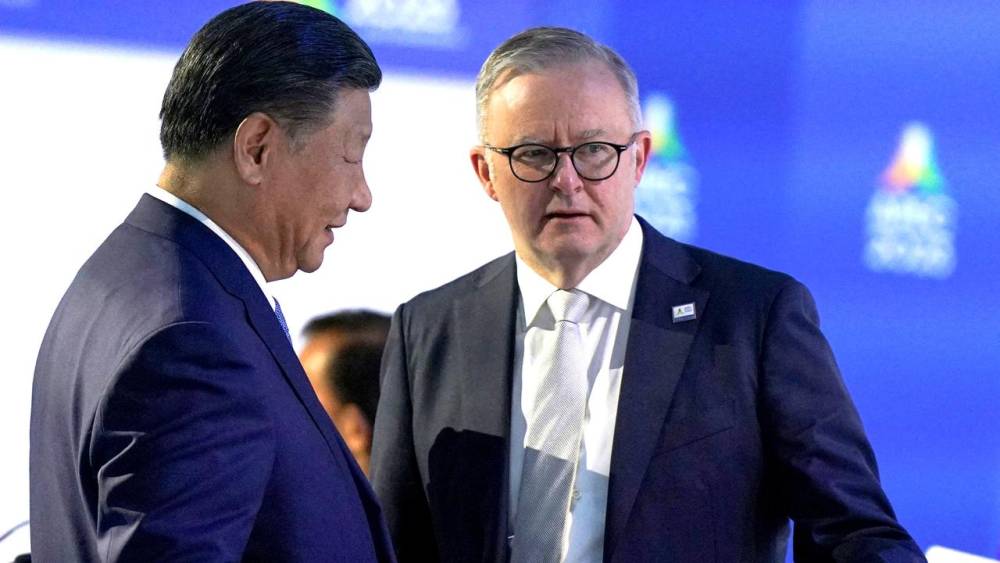
Australia has firmly rejected China’s high-profile call to “join hands” in opposition to the United States’ escalating tariff war, signalling its commitment to an independent and diversified trade approach amid mounting global tensions.
This comes in response to a powerful opinion piece published in the Sydney Morning Herald on Thursday by Chinese Ambassador to Australia, Xiao Qian. The ambassador urged the international community, including Australia, to resist what he described as “bullying behaviour” by the United States following President Donald Trump’s shock announcement of a 125 per cent tariff on Chinese imports.
“The international community, including China and Australia, should firmly say no to unilateralism and protectionism,” Ambassador Xiao wrote. “We should defend the multilateral trading system and promote an open, inclusive, and balanced global economy.”
China has since retaliated by slapping its own counter-tariffs, now reaching an eye-watering 84 per cent on all goods imported from the United States.
But Australia's Defence Minister Richard Marles quickly dismissed the idea of aligning with China in this global trade standoff.
“We’re not about to make common cause with China,” Mr Marles told 9News. “That’s not what’s going to happen here. Our focus is on building a resilient, diversified trade network that serves Australia’s long-term interests.”
Australia, which itself has been impacted by a 10 per cent US tariff on its exports, is now expected to fast-track trade talks with India, Southeast Asian nations, and key partners in the Pacific as it distances itself from major power conflicts.
This diplomatic rebuff adds to the complex geopolitical chessboard Australia must navigate, balancing strategic alliances with the US while managing critical economic ties with China — its largest trading partner.
While Ambassador Xiao framed his plea as a defence of global trade equity, Australian officials see it as a potential entanglement in a broader superpower struggle that could undermine national sovereignty and economic security.